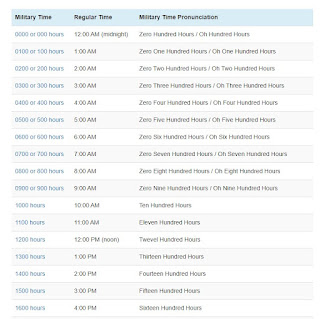What is DNS
The area name gadget, more normally recognized by way of its acronym in English as Domain Name System or DNS, is basically responsible for translating the complex collection of numbers that make up an IP address into words that the consumer can without difficulty don't forget.
Each internet web page is accessed via an IP cope
with. The trouble is that there are such a lot of that it's far almost
impossible to take into account the IP of each one. Imagine that in preference to coming into www.Google.Com, we needed to enter inside the
browser an address composed of a chain of numbers like this: 173.194.141.238.
As we will see, it might be a very complex assignment to enter the IP of each
of the pages, as well as a nearly impossible project.
DNS is used to clear up this trouble. This allows
the usage of names (also known as domains) in preference to IP to get admission
to websites. Basically, at the Internet, DNS is a set of big databases allotted
on servers around the arena that indicate that IP is related to a name (this
is, an deal with which includes www.Google.Com).
How DNS works
Internet DNS services are hard and fast for
databases #! scattered on servers around the sector. These databases have the
feature of indicating the IP. This is associated with a call of a website. When
we input a cope with in the seek engine, for example, www.Google.Com, the
computer asks the DNS servers of the Internet company to find the IP cope with
associated with www.Google.Com. If the servers do no longer have that records,
a seek happens with other servers which could have it.
Root server
To better understand DNS, let's visit the following
example: assume you get the right of entry to the website www.Google.Com.Ar.
For this, the server verifies and directs closer to the. Ar termination server,
which for its element, redirects to the server that registers the google.Com.Ar
domain, which informs that's the IP, this is the server where it's far
positioned located the web.
DNS cache
Suppose you get the right of entry to an internet
site that has now not been located with the aid of your issuer's DNS provider
so that it needed to do a search in other DNS servers (via hierarchical
search). To save you this seeks from being completed once more whilst some
other person of the provider tries to get entry to the equal website, the DNS carrier saves the records from the
first query. Thus, whilst another request arises, the server will have already
got the IP belonging to the stated website saved. This manner is known as
"DNS cache".
The cache information is saved for a sure time
period thru a parameter referred to as TTL (Time-To-Live). This is used to
prevent the saved information from being up to date. The TTL time frame varies
by server and your administrator.
Ending
The use of DNS isn't always restrained to the
internet. This aid can (and is) also used in neighborhood networks. Its
implementation may be performed in practically any running machine, being very
not unusual in structures based on Unix and Windows.
Techcrunchpro thepinkcharm themarketinginfo worldmarketingtips technologybeam


